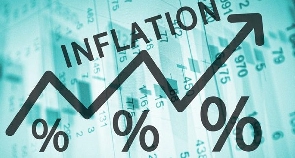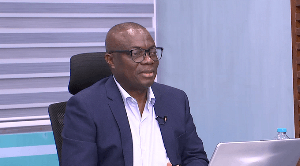Following the 2020 elections of Ghana, there is the need for stricter financial planning and discipline at the individual, business and government level. The micro and macro-economic indicators are expected to change significantly and will affect individual and business finances going into 2021.
On the tax front, it is expected that some of the taxes will be increased and more tax forces deployed for enforcement in order to raise revenue for government projects.
In the last quarter of 2020, a lot of government projects were initiated and the successful execution of these projects will depend on governments ability to raise money to finance them. Already some contractors have complained about non-payment of contract certificates. The Ghana Revenue Authority in the first half of 2021 will be expected to increase its tax revenue mobilization.
The burden of these taxes will be the challenge of businesses in the formal sector, which may affect their operations.
Inflation is expected to increase 2021 and will be driven largely by increased fuel, utilities and prices of Agricultural products. Already we have a shortage of maize supply in the country, a product that is largely used for all kinds of foods and major input in production of livestock. This trend is expected to continue into 2021 when importation may be used to support the local supplies. The expected electricity tariffs increase will affect cost of production in the manufacturing sector which will likely be transferred to the final consumer. The increase in utility tariffs will be largely due to the financial burden on power and water producers caused by the months of government COVID-19 interventions ending 31st December 2020.
With the high government debt to GDP ratio which is projected by the IMF to end 2020 at 76.7%, steps will be taken to reduce the ratio to about 69% within the year 2021 and this will affect government’s exposure to borrowing, putting more pressure on domestic revenue sources especially tax revenue.
Given that it will be the first financial year of a four-year term of government, there will be efforts that seek to put the budget deficit below 5%. The policy rate is expected to be maintained throughout 2021 in order to motivate banks to reduce their lending rates to businesses in order to stimulate the economy for growth and job creation. It is however not clear how the banks will respond to the policy as we enter 2021.
This, therefore, calls for more financial strategy by businesses so as not to be destabilized by company external economic factors. The service sector is expected to improve its growth following the relaxation of COVID-19 restrictions within the country.
Business News of Wednesday, 30 December 2020
Source: roger y. zolko-ere (ca), contributor













